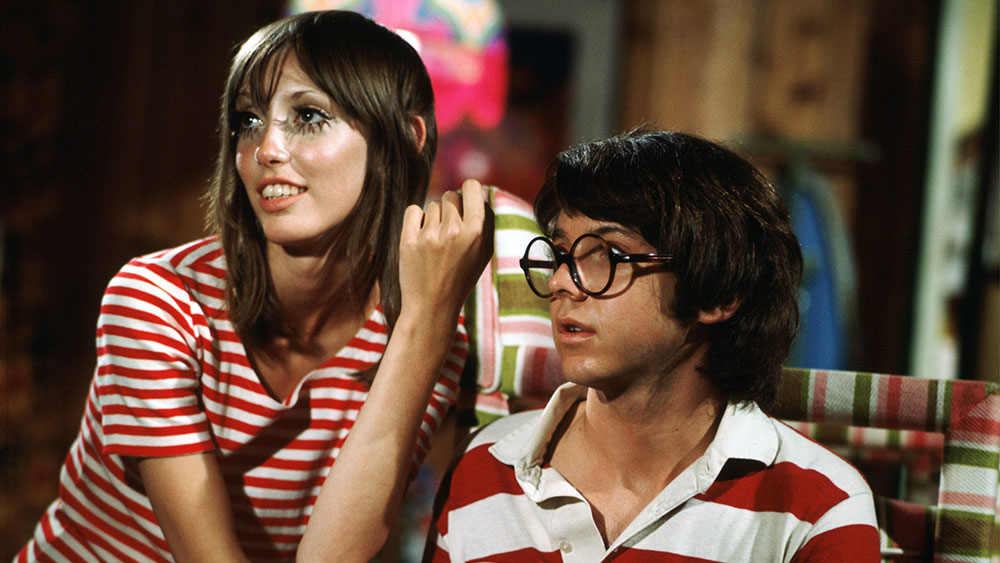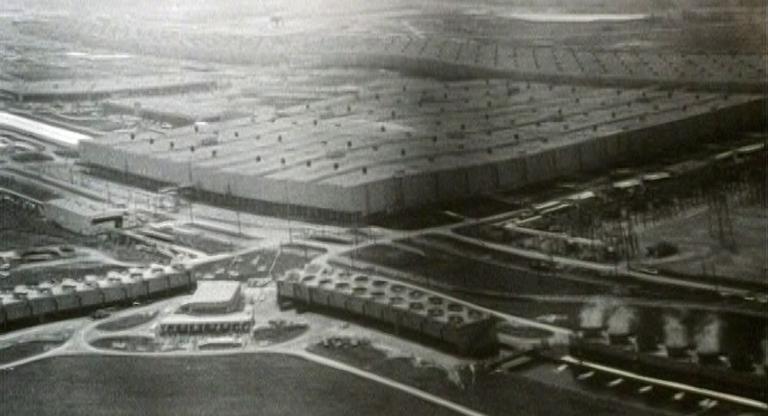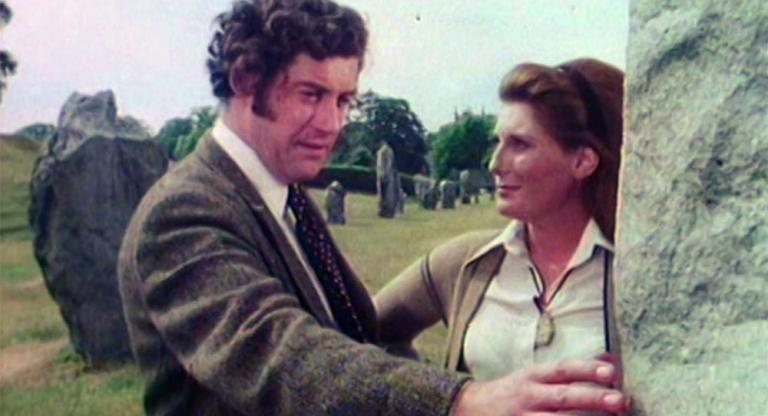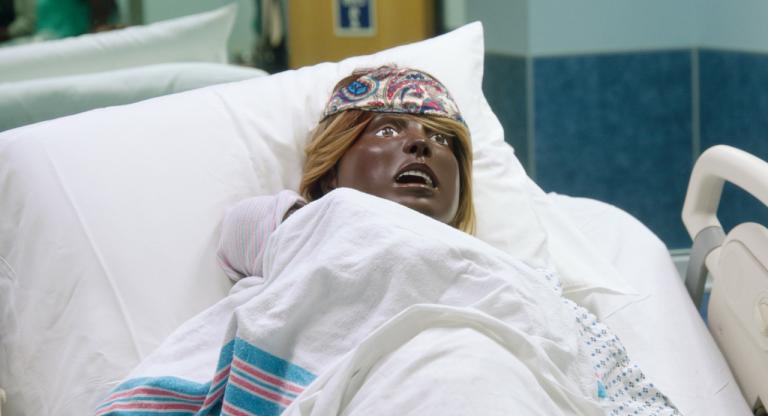M*A*S*H (1970) was still in theaters when Robert Altman came out with Brewster McCloud (1970), a film about a young man (Bud Cort, a year before Harold and Maude) whose dream it is to fly. More or less based on a script by Doran William Cannon titled Brewster McCloud’s (Sexy) Flying Machine, Altman’s film follows its titular bird boy as he builds a pair of mechanical wings in the bowels of Houston’s Astrodome. According to Patrick McGilligan, author of the biography Robert Altman: Jumping Off the Cliff (1989), the film’s cast and crew remember the film as “the first unfettered Altman experience.” His statement, though indicative of the free-wheeling spirit on set (“parties and lots of dope”), also suitably describes Brewster McCloud. While Altman had already worked in a strange fashion before, and produced wonderfully strange films as a result, Brewster McCloud marks the inauguration of a longer, stranger trip in his career. The films he made between M*A*S*H and Nashville (1975) represent a magical haze—not films premised on confusion, but experiments driven by a supreme curiosity that befits the shape-shifting quality of a cloud and the drift-prone mind of a stoner. Coarse by design and protean by virtue, these are easygoing works of peerless imaginative acuity. As the first of these zany triumphs, Brewster McCloud offers up a bitter and beautiful spectacle.
Altman rounds out the film’s ensemble with a mischievous angel (Sally Kellerman), a crazed ornithologist (René Auberjonois), a wannabe-Bullitt (Michael Murphy), a vicious debt collector (Stacy Keach), and, perhaps most importantly, the poised tour guide (Shelley Duvall, in her first on-screen role) whom Brewster falls in love with. Each character has their own story, in addition to their own quirk. Together, they form a tangled vision of the United States that feels both discombobulated and familiar. A savvy filmmaker, Altman distinguishes each character with a bit of color; Kellerman’s angel is a striking blonde; Murphy’s detective wears monochrome turtlenecks; both Brewster and Duvall’s Suzanne dress in candy-cane t-shirts. The climactic car chase near the end of the film, mostly shot in wides, sees Duvall drive a bright orange 1970 Plymouth Road Runner through Houston. As Murphy and Kellerman chase after her and Brewster, inevitably crashing into one another and facing sudden breakdowns, the film reaches the zenith of its cartoonish sensibilities. The portrait that emerges of this particular milieu is one of different shapes and colors—a boxy red car, a dart-like silver corvette, and an arrow-shaped orange muscle car—driving around in circles.
This senseless backdrop elevates Brewster McCloud’s satirical bite. After all, Altman always worked against the birdbrained logic of his age, as seen in his riposte to American jingoism in M*A*S*H, political malpractice in Secret Honor (1984), and Hollywood buffoonery in The Player (1992)—just to cite a few examples. There’s an undoubtedly silly dimension to Brewster McCloud, but it’s central metaphor about a man who fancies flying away from earthly, human problems is charged with disaffection. Brewster, whose comportment and physique are the source of constant contempt and ridicule, form a stark contrast to the male characters around him—a who’s who of aggro men of all ages. His ingenuous wish to fly chases after peace and quiet among the clouds, rather than celebrity or scientific laurels. Perhaps this is why he crash-lands, because such wide-eyed naïveté is intolerable in a country that writes off unproductive dreams to perpetuate its own cycles of productive nonsense. Even the doe-eyed Duvall, a boho starlet if there ever was one, starts talking shop as soon as Brewster tells her about his wings. His response: “You’re talking crazy.”
Brewster McCloud screens tonight, November 26, at BAM on 35mm as part of the series “The Extraordinary Shelley Duvall.”



